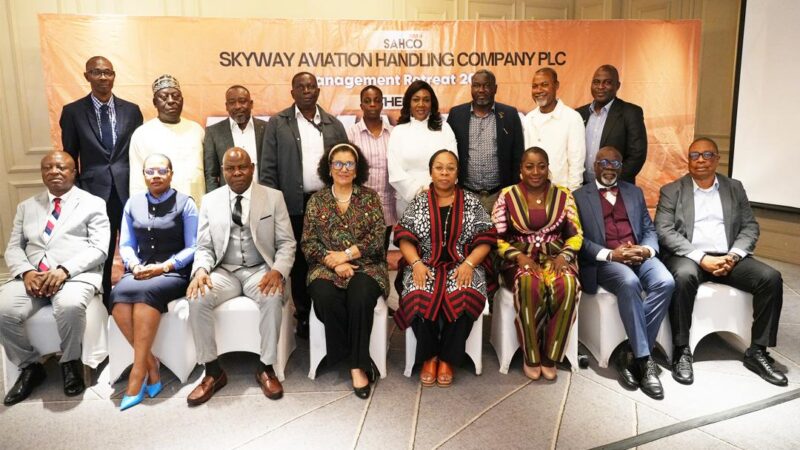Nigeria Customs Suspends Implementation of 4% FOB Charge to Engage Stakeholders

The Nigeria Customs Service (NCS) has announced the suspension of the implementation of the 4% Free-on-Board (FOB) charge on imports, as outlined in Section 18(1)(a) of the Nigeria Customs Service Act (NCSA) 2023.
In a statement signed by Abdullahi Maiwada, Assistant Comptroller of Customs, National Public Relations Officer for the Comptroller-General of Customs, the NCS said the decision follows ongoing consultations with the Minister of Finance and Coordinating Minister of the Economy, Mr Olawale Edun, as well as key stakeholders.
The suspension aims to facilitate extensive stakeholder engagement regarding the implementation framework of the Act.
The timing coincides with the conclusion of the contract agreement with service providers such as Webb Fontaine, who were previously funded through the 1% Comprehensive Import Supervision Scheme (CISS).
This development presents an opportunity for the Service to comprehensively review its revenue framework.
Under the previous funding arrangement, the separation of the 1% CISS and the 7% cost of collection led to operational inefficiencies and financial gaps in customs modernisation efforts.
The NCSA 2023 seeks to address these challenges by consolidating a funding structure of “not less than 4% of the Free-on-Board value of imports.”
This measure is designed to ensure sustainable financing for essential customs operations and modernisation initiatives.
The transition period will enable the Service to refine its revenue management approach to better serve stakeholders and the national interest.
The Act also empowers the NCS to enhance its operations through technological innovations.
Specifically, Section 28 authorises the development and maintenance of electronic systems to facilitate information exchange between the Service, other government agencies, and traders.
In line with this, the NCS has introduced several digital solutions, including the recently deployed B’Odogwu clearance system, which has significantly improved clearance times and operational transparency.
Other key innovations enabled by the Act include the Single Window system (Section 33), Risk Management Systems (Section 32), Non-Intrusive Inspection Equipment (Section 59), and Electronic Data Exchange Facilities (Section 33(3)).
The suspension period will allow for further consultations to ensure proper alignment with the Act’s provisions while sustaining the modernisation initiatives.
The NCS reaffirmed its commitment to implementing the law in a manner that best serves its stakeholders while fulfilling its revenue generation and trade facilitation mandate.
A revised implementation timeline will be communicated following the conclusion of the stakeholder engagement process.







